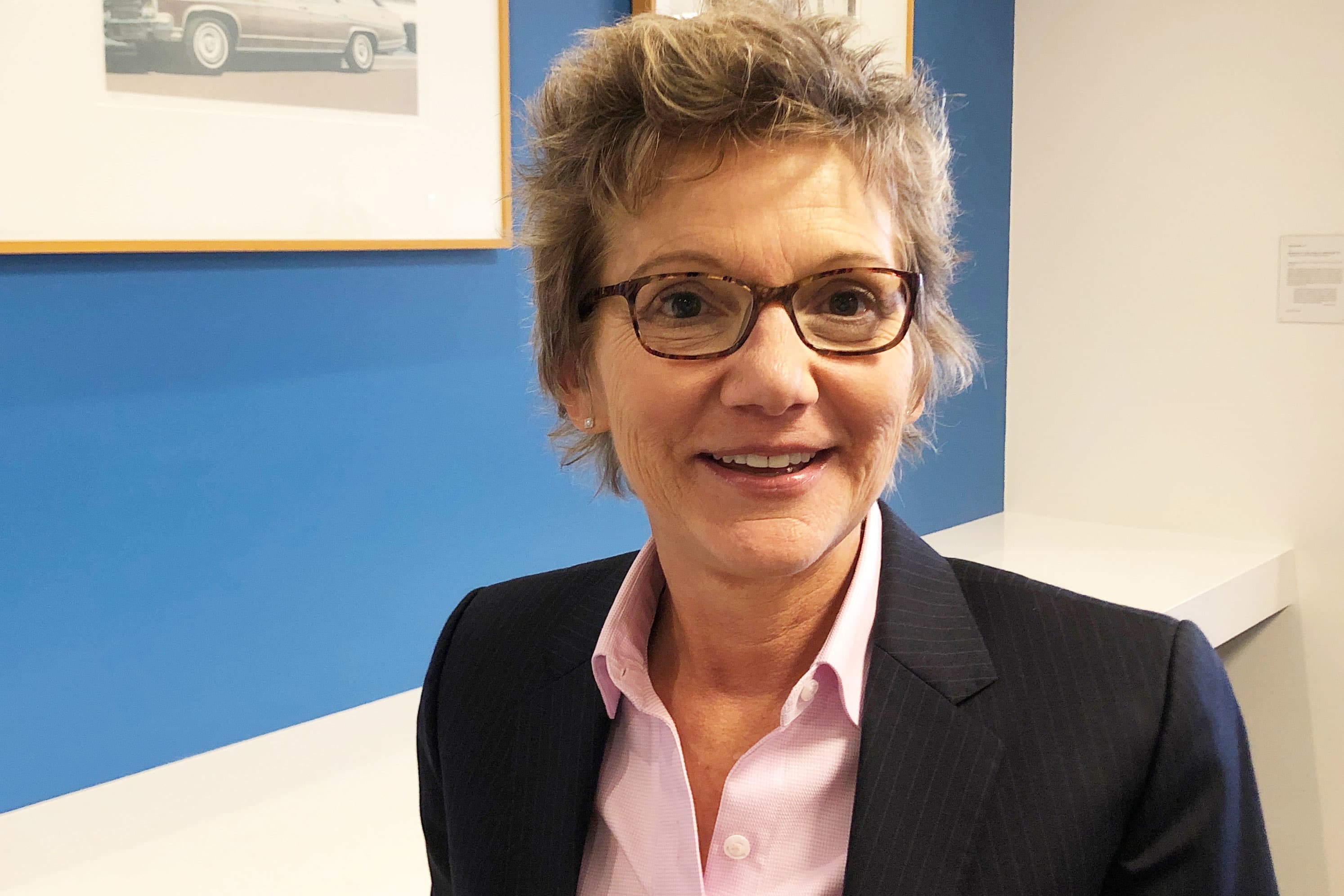
Despite potentially groundbreaking news about a coronavirus vaccine, the economy is still in danger and needs help, San Francisco Federal Reserve President Mary Daly said Tuesday.
Fed officials continue to discuss what they can do to help, and those talks have included stepping up the asset purchase program if necessary, the central bank official told CNBC.
“We have asset purchases well in place and we are discussing what more we could do if more is needed and what should we do in terms of communicating a plan for asset purchases going forward,” Daly told CNBC’s Steve Liesman on “Squawk on the Street.”
“Those discussions are always ongoing, but we really had a robust debate” at least week’s Federal Open Market Committee meeting. “I would say discussion more than debate even,” she added. “We’re all dedicated to the same thing — continue the mission to serve the American people with our top policy tools. I would say our tools are powerful.”
Daly spoke a day after Pfizer announced its coronavirus vaccine had shown better than 90% effectiveness in trials.
While the news set off an explosive stock market rally and kindled hopes that a major hurdle had been eclipsed in the eight-month pandemic struggle, caution remained that the months ahead would be difficult as new cases continued to ramp up.
“The vaccine news of course for everyone out there on the globe is welcome news,” Daly said. “But we also have rising coronavirus cases right now in both the U.S. and across the globe, and so that’s my top priority.”
She said the Fed needs “to continue to support the economy and the American people as they move through this virus.” Daly described current policy as “in a really good place” as it can be adjusted tighter or looser depending on conditions.
Views mixed on what’s next
Daly’s comments echo those of other Fed officials who spoke Tuesday, though there seem to be at least some differences among the FOMC members about how much more accommodation would be needed. Daly is a nonvoting member this year but will get a vote in 2021.
For instance, Dallas Fed President Robert Kaplan said earlier in the day that he also is cautious about the outlook over the next two quarters but sees less benefit from more Fed action and more effective help coming from the fiscal side.
“I think the next two quarters are going to be very challenging, very difficult,” Kaplan said during Bloomberg’s Future of Finance conference. “Over the horizon we’re going to rebound and we’ll still have a solid year next year. The issue is how bad are the next quarters. That’s the big downside risk.”
He added that another round of funding from Congress’ Paycheck Protection Program and perhaps some additional alterations to the Fed’s Main Street Lending Program would help more than ramping up quantitative easing.
However, Boston Fed Chairman Eric Rosengren, while cautioning about financial stability risks of accommodative policies, said the challenges from the virus necessitate more action.
“This swift action by policymakers has been critical to the improvements in the economy so far,” Rosengren said in remarks to Harvard University’s Kennedy School of Government. “Now, with a second wave of infections underway, my sense is that more fiscal and monetary accommodation is appropriate.”
The Fed is already purchasing at least $120 billion in bonds each month, though there has been speculation that the composition of the buying could change to bonds with longer duration. Market participants increasingly expect some type of announcement next month, though Fed Chairman Jerome Powell did not provide any indications in that regard during his post-meeting news conference.
In addition to the asset purchases, the Fed has cut benchmark short-term borrowing rates to near zero and is continuing to run a slew of lending and market support programs implemented during the pandemic.
Powell said the FOMC had “quite a useful discussion” about the future of the bond-buying program but added that for now “we think that this very large effective program is delivering about the right amount of accommodation and support for the markets and so it continues.”




